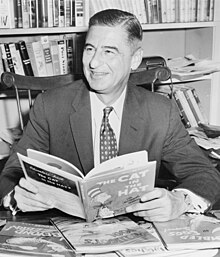Ideas, like seeds, need some way to spread. Our local community garden now has both a seed library and a book nook.
***
The garden has borne the brunt of several vandal attacks, including a stolen car driven into a tree, arson attack on the shed that stored the tools, and the fences constantly defaced.
Despite all that, the group who tend to the garden have, like the plants, been remarkably resilient. The community resolve was so strong that a new modern structure has arisen in place of the old shed, supported by an eye in the sky that keeps close watch. Built almost entirely by the community that has banded together, the garden is now flourishing with all kinds of herbs, flowers and fruit, masking any signs of the damage that some unthinking humans caused.
At the beginning of the month, a seed library and a book nook were installed. A small number of good seeds and books ‘seeded’ this idea. Within a few days, both have gained traction: today I think there were 3x the number of seeds and 2X the number of books.
